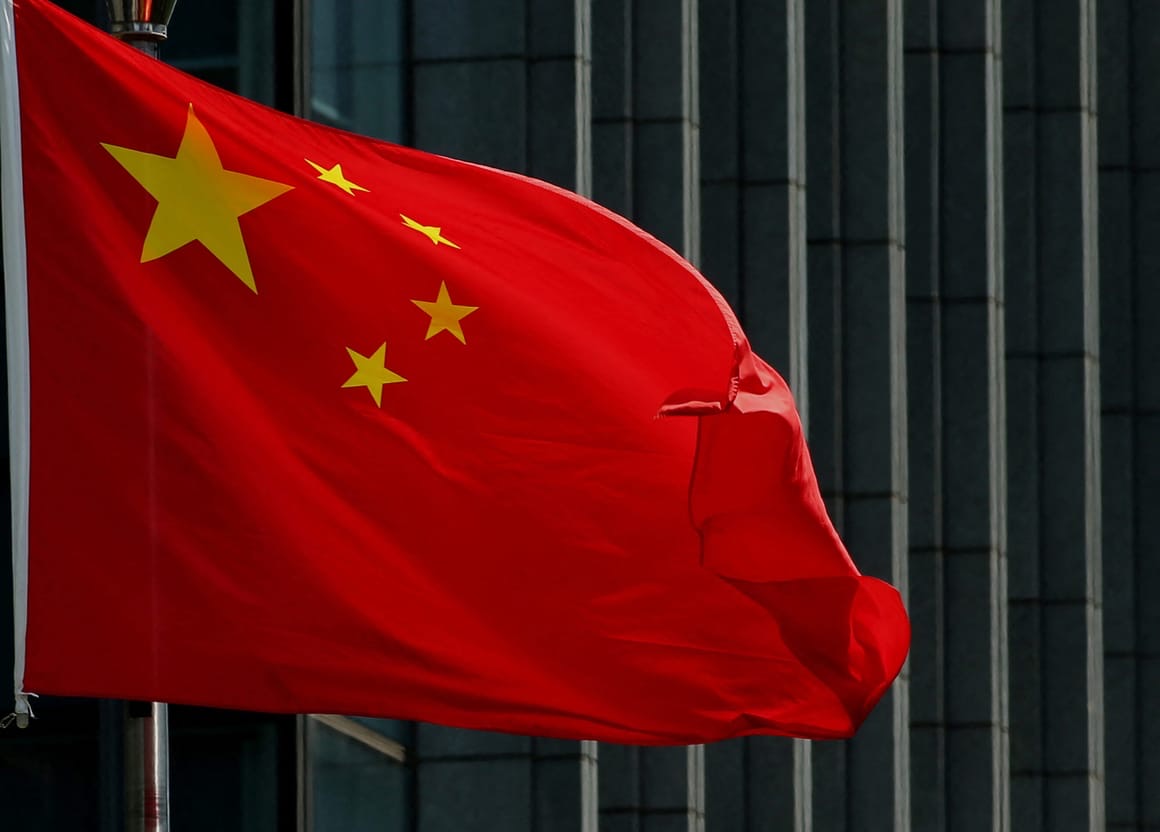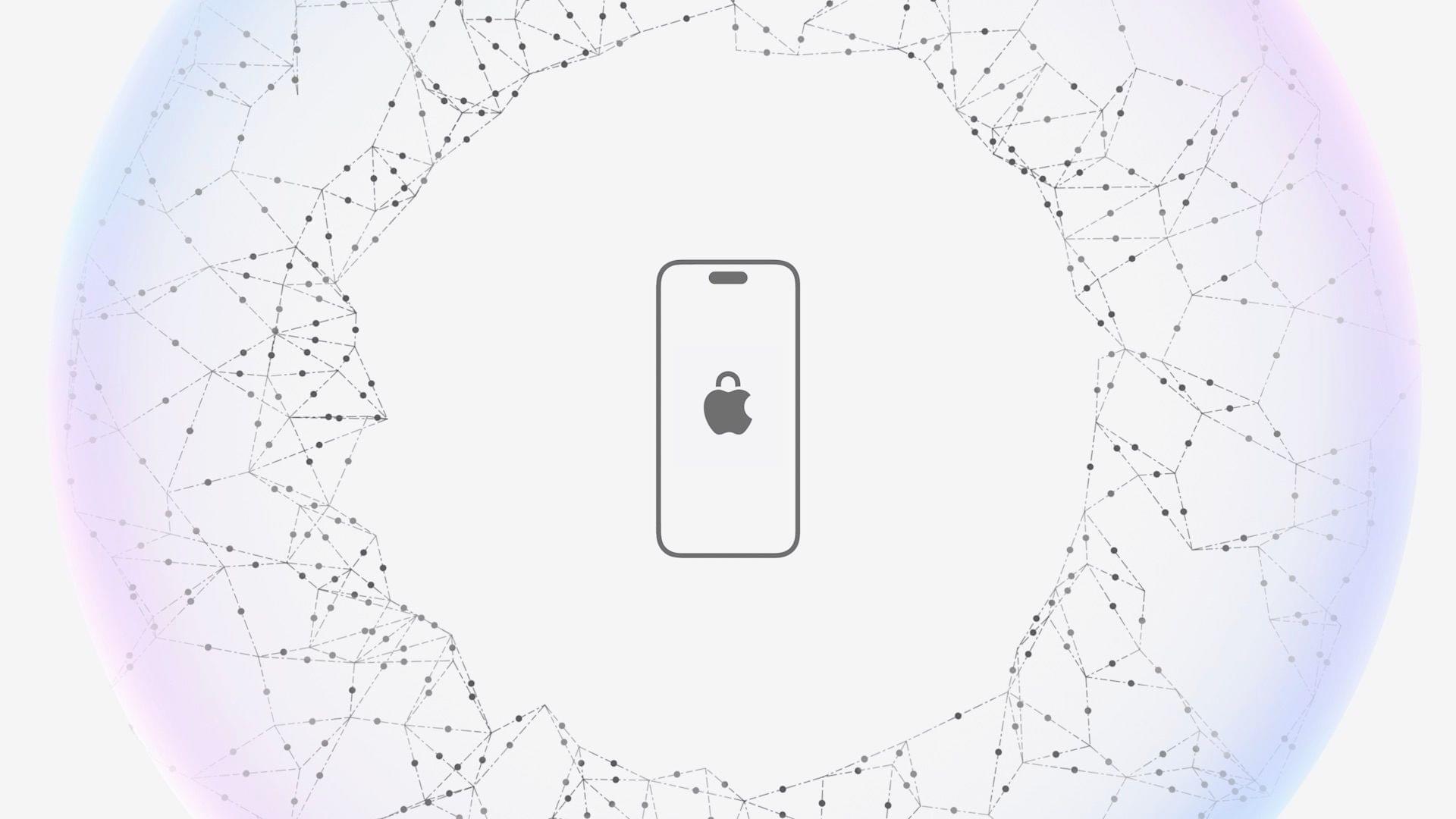Apple faces significant challenges in implementing its AI plans in China. A recent report suggests that the company is unlikely to get approval for using a foreign-developed AI system, which indicates that off-device AI will need to be powered by Chinese companies.
Apple Intelligence Plans in the US
In the United States, Apple Intelligence will follow a three-tier approach to ensure privacy and reliability:
- On-Device Processing: Most tasks will be performed directly on the device, maximizing user privacy.
- Private Cloud Compute: Apple’s own AI servers will handle additional processing needs.
- Third-Party AI Systems: As a fallback, with user consent, Apple will use third-party AI systems like ChatGPT.
Challenges in China
China’s regulations on generative AI, overseen by the Cyberspace Administration of China, require any AI used in the country to be approved and operated by Chinese-run services. This complicates Apple’s typical AI operations, which rely on its infrastructure and third-party systems like ChatGPT.
For compliance, the fallback AI system in China must be provided by a Chinese company. Furthermore, it’s uncertain how Apple will manage its Private Cloud Compute within China’s regulatory framework.
Chinese law stipulates that local companies must store and process cloud data, which meant that in the case of iCloud, Apple was forced to partner with a state-affiliated company. This setup raised privacy concerns due to the local company’s control over decryption keys.
If Apple must follow a similar approach with Private Cloud Compute, similar privacy issues could arise, despite strong protections designed for the US market.

Potential Chinese AI Partners
Apple has been in discussions with several Chinese companies to provide necessary AI services, including Baidu, Alibaba, and Baichuan AI. Earlier this year, Apple explored getting approval for a foreign large language model but found it unlikely to be approved by Chinese regulators, leading Apple to intensify talks with local AI providers.
Baidu, already used by Samsung for its AI services on the Galaxy S24, is a potential partner. However, Baidu’s AI has received mixed reviews from Chinese users, who found it less effective than Google’s AI for tasks like identifying car models and buildings from photographs.
Timeline & Availability
Apple has not specified an exact launch date for Apple Intelligence features, only indicating they will be available “this fall.” These features are mostly absent from the current iOS 18 beta, leaving their implementation timeline ambiguous.
As Apple navigates China’s strict AI regulations, its rollout of Apple Intelligence faces significant hurdles. Partnering with local AI providers like Baidu, Alibaba, and Baichuan AI may offer a solution, but it also introduces potential privacy and performance concerns.
As negotiations continue, the future of Apple Intelligence in China remains uncertain.














